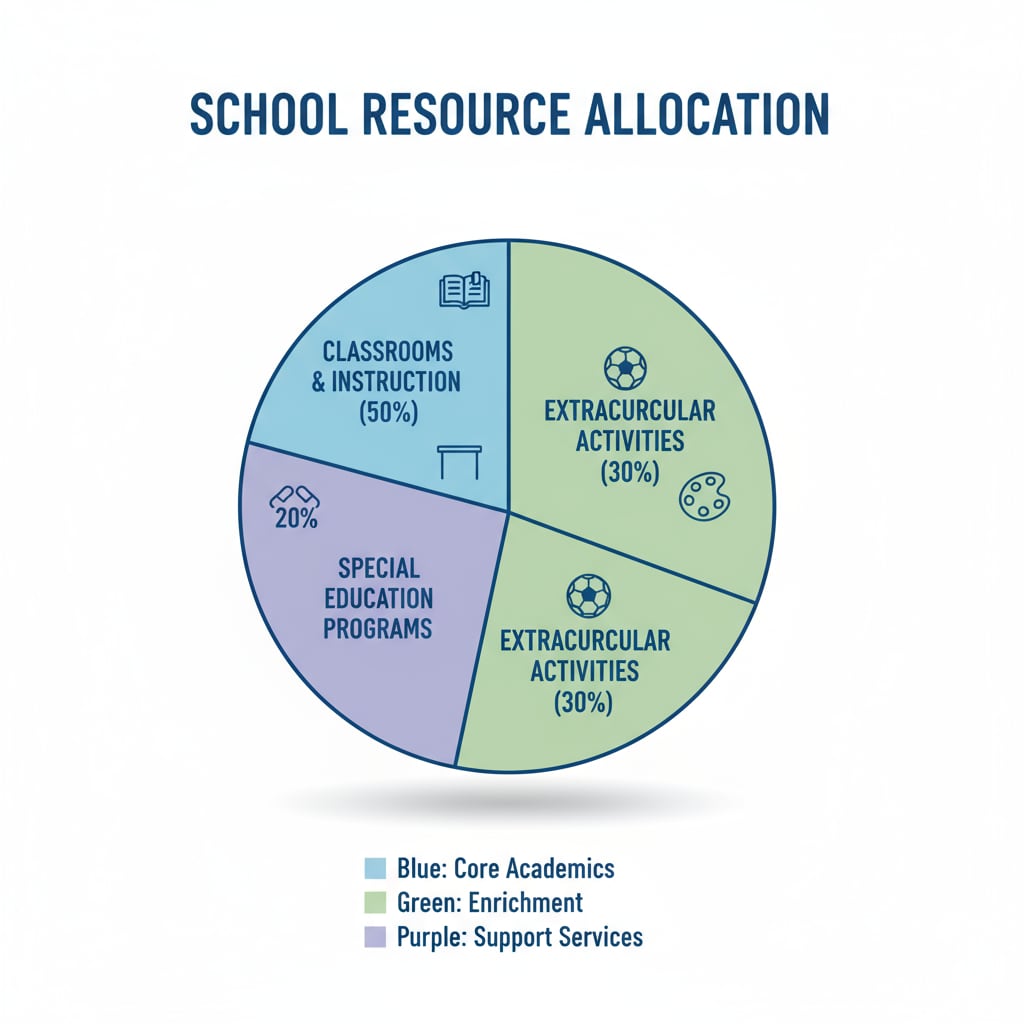In the realm of educational management, school administrators often encounter complex ethical dilemmas and are tasked with making challenging administrative decisions. These situations can significantly impact the educational environment, students’ well-being, and the overall success of the institution. Let’s explore some of these issues through real-life examples and learn from the experiences of seasoned educators.

The Ethical Tightrope of Resource Allocation
One of the most common ethical dilemmas in educational management is resource allocation. Schools often have limited budgets, and administrators must decide how to distribute funds, staff, and other resources fairly. For example, should more resources be allocated to students with special needs or to advanced learners? This decision requires careful consideration of the principles of equity and excellence. According to Wikipedia’s Education Management page, ensuring equal access to quality education is a fundamental ethical obligation. However, it’s not always straightforward, as different stakeholders may have competing interests. In some cases, administrators may face pressure to prioritize certain programs or groups over others, creating a difficult ethical balance.

Balancing Student Privacy and Safety
Another crucial aspect of educational management is maintaining the balance between student privacy and safety. Administrators need to protect students’ personal information while also ensuring a secure learning environment. For instance, in the era of digital technology, schools collect a vast amount of data on students. How should this data be managed to safeguard privacy? At the same time, if there are concerns about a student’s safety, such as a potential threat of violence, administrators must decide how much information to disclose and to whom. As stated on Britannica’s Education page, respecting students’ privacy rights is essential, but it must be weighed against the need to protect the well-being of the entire school community. This delicate balance requires administrators to make informed and ethical decisions.
Administrators also face dilemmas when dealing with disciplinary issues. How should they respond to student misbehavior? Should they focus on punishment or rehabilitation? These decisions not only affect the individual student but also set the tone for the school’s culture. For example, a zero-tolerance policy may seem straightforward, but it can have unintended consequences, such as disproportionately affecting certain groups of students. Administrators must consider the long-term impact of their decisions on students’ development and the overall school environment.
Readability guidance: By examining these real-life scenarios and the decisions made by experienced school administrators, we can gain valuable insights into how to navigate the ethical dilemmas and make sound administrative decisions in educational management. Remember, every decision has consequences, and it’s crucial to approach these situations with care, empathy, and a commitment to doing what’s best for all students.


